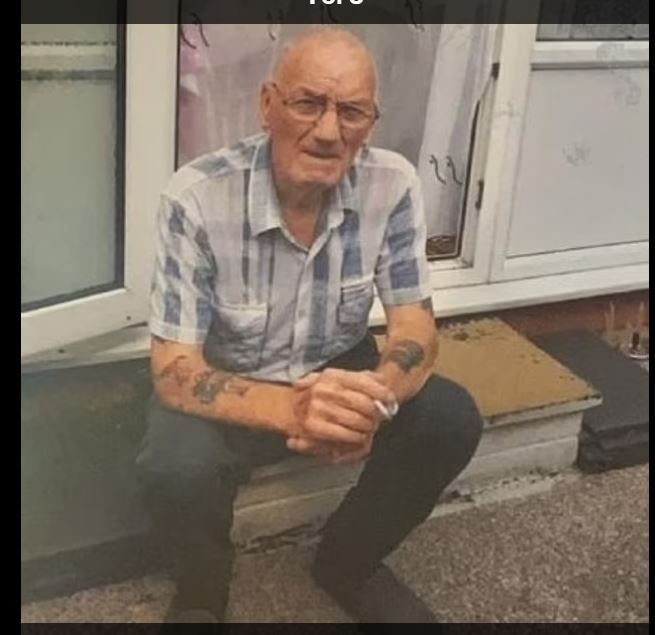Cancer patient died after a scan result showing he needed urgent treatment for a blood clot was left
- melissa mullamphy
- May 16, 2022
- 3 min read
A cancer patient died after a scan result showing he needed urgent treatment on a blood clot was left on a consultant's desk for six days, an inquest has heard.

Cancer causes clots. My Mom had bilateral #pulmonary#embolisms and DVTs in her legs. She was on an #anticoagulant for seven months.
👇🏼
Six days is a long time to have a clot not treated. You are basically walking around with a bomb in your body, waiting to move and explode.
👇🏼
Nobody knows if this man may have beaten #cancer but; treating the #clot immediately would have given him a fighting chance.
"An inquest has concluded the 78-year-old, who was being treated for oesophagus cancer at the hospital, would have lived had his treatment not been delayed.
Giving evidence to John Gittins, the coroner for North Wales East and Central, Dr Alonso said he felt the delay had contributed to Mr Reynold's death.
Dr. Alonso said: 'Had I seen it, I would have alerted the GP and the patient and got the patient in and on anticoagulation as soon as possible.
When asked by the coroner if the delay had been a disadvantage in the likely success of treatment, he said: 'Yes, it has played a part in the outcome.'
Mr. Reynolds was undergoing cancer treatment when he had the scan showing he need urgently treatment on the blood clot in May last year. On May 6 the radiologist placed the results on Dr. Alonso's desk - but he was out of office for another six days.
Dr. Alonso said he was off-site the next day, then on leave. Upon his return and the notes being read, Mr. Reynolds was immediately placed on a course of treatment but he died on 15 May from the pulmonary emboli and pneumonia.
Hospital administration manager Ellen Ruth Davies said that since Mr. Reynolds' death changes in the procedure for passing on urgent results were now more 'robust'.
These include making sure other senior clinicians can be contacted if a consultant is not available to be made aware of urgent cases.
Coroner for North Wales East and Central John Gittins recorded a narrative conclusion at the Ruthin inquest. He will now raise a prevention of 'future deaths report' in the hope of preventing another tragedy. He said: 'The evidence indicated that had treatment for the clot began sooner there would have been a better prospect of it being successful and further that the treatment of his cancer had been effective.
This is an example of systemic breakdown. Medical Group and Hospital leadership needs to ensure an functional, aggressive, effective and a working backup system to assign and ensure that all on-call physicians are actively managing patient cases for all levels of medical staff.
Staffing will never be perfect. It will never be 100%, but I can't understand why a #radiologist would place an impression on a #physician's desk to read and act, mainly since the radiologist interprets the scan results and writes the report.
Time is not on the patient's side if a clot shows up, so communication and efficiencies are crucial to quality care. This happened outside the US, but I've seen critical patient injuries and risks sit before unaddressed and untreated.
You never want artificial intelligence to take the place of human function, particularly in medicine, but surely there are look-ups that can be made for positive and acute results to get to an acting healthcare member immediately. You are fooling yourself if you think they do not already exist. Why isn't radiology impressions one of them as a backup for system breakdown? A simple "if-then" code could have gotten this into the hands of a provider to start anticoagulants sooner and possibly save the patient's life.






First the lady nurse in PA that gave out the wrong meds, and accidentally killed a patient, now this. Apparently medicine doesn't seem to care about the sick. (In this case). I mean, yes, both were accidental, however we need better protocols in place, and better care for patients. Especially for those who are unable to talk, or otherwise say/do anything themselves. This is just sad and pointless. Thankfully, now, good things will/have come of it, but we shouldn't of had a death to make this happen.